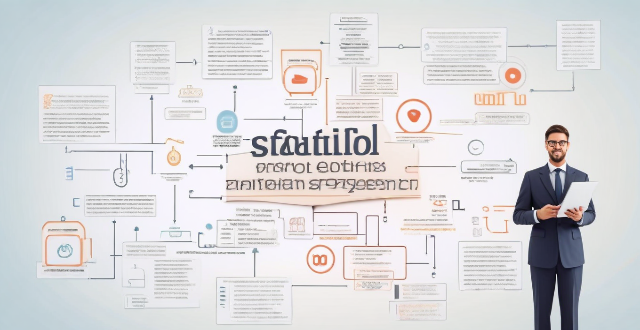Fintech has revolutionized payment systems by making them faster and more secure. Instant transfers, mobile payments, and automated options have streamlined the process, while encryption, tokenization, two-factor authentication, and fraud detection systems have enhanced security. These advancements benefit both individuals and businesses.

How does Fintech enable faster and more secure payments?
Fintech, or financial technology, has revolutionized the way we make payments by making them faster and more secure. In this article, we will explore how fintech enables these improvements in payment systems.
Faster Payments
Instant Transfers
Fintech companies have developed innovative solutions that allow for instant transfers of funds between accounts. These solutions eliminate the need for traditional banking processes, which can take several days to complete. As a result, customers can send and receive money almost instantly, without waiting for bank processing times.
Mobile Payments
With the rise of smartphones and mobile devices, fintech has made it possible to make payments on the go. Mobile wallets and payment apps enable users to store their credit card information securely and make payments with just a few taps on their phone. This convenience has significantly reduced the time and effort required to make a payment.
Automated Payments
Fintech has also introduced automated payment options, such as recurring bill payments and subscription services. These features save time by automatically deducting payments from a user's account on a set schedule, eliminating the need for manual payments each month.
More Secure Payments
Encryption and Tokenization
Fintech companies use advanced encryption and tokenization techniques to ensure the security of payment transactions. Encryption scrambles data so that it cannot be read by unauthorized parties, while tokenization replaces sensitive information with a unique identifier, reducing the risk of data breaches.
Two-Factor Authentication
Two-factor authentication (2FA) adds an extra layer of security to online payments by requiring users to provide two forms of identification before completing a transaction. This could include something they know (a password or PIN) and something they have (a physical device or biometric data). By combining these factors, fintech companies can significantly reduce the risk of fraudulent transactions.
Fraud Detection and Prevention
Fintech companies employ sophisticated fraud detection algorithms that analyze transaction patterns and behavior to identify potential fraud. These systems can flag suspicious activity and prevent unauthorized transactions from occurring, providing an additional layer of protection for users.
In conclusion, fintech has enabled faster and more secure payments through innovations such as instant transfers, mobile payments, automated options, encryption, tokenization, two-factor authentication, and fraud detection systems. These advancements have streamlined the payment process, making it more convenient and efficient for both individuals and businesses alike.